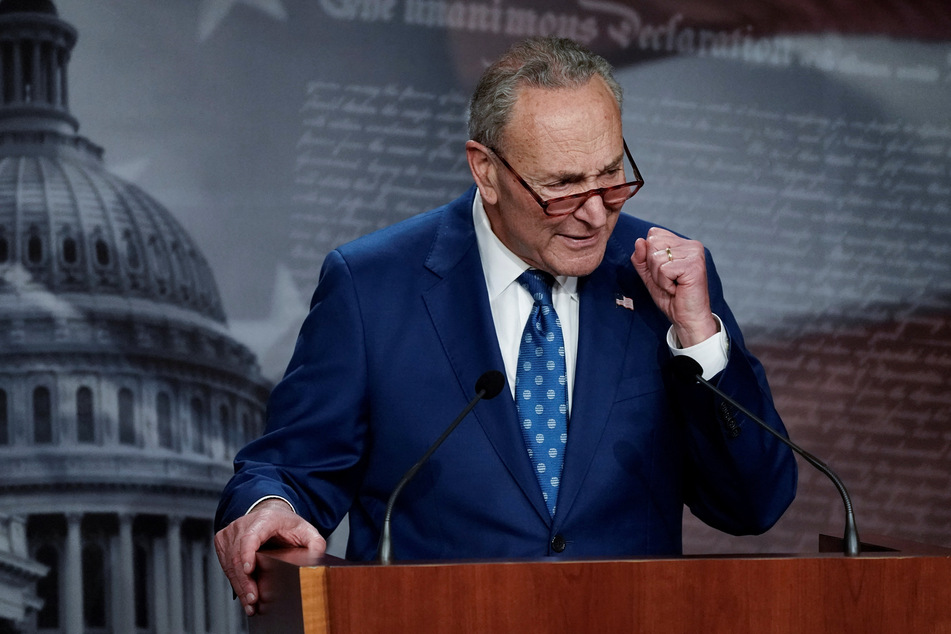Senate finally passes major health care and climate bill
Washington DC - After a year of negotiations, breakdowns, and political maneuvering, the Senate passed Democrats' top domestic priority: an economic package that would pump hundreds of billions of dollars into clean energy programs, raise taxes on corporations, and lower health care costs.

The vote was split 50-50 along party lines and Vice President Kamala Harris cast the tie-breaking vote to send the measure to the House, which is planning to return briefly from August recess to take it up Friday.
Democrats used the budget reconciliation process to avoid the need for 60 votes to clear a Republican filibuster. But even a simple majority vote required unanimity in the Democratic caucus, which they'd been unable to achieve until this month.
Before final passage, the Senate spent more than 15 hours voting on amendments during a free-for-all process dubbed a "vote-a-rama." There were a total of 37 votes along the way before final passage.
An official Congressional Budget Office "score" wasn't yet available. But based on preliminary information and previous estimates, the bill would spend more than $450 billion over 10 years on energy and climate programs and tax breaks, a three-year extension of more generous subsidies for purchasing health insurance on public exchanges, expanded Medicare prescription drug benefits, and caps on monthly insulin copays.
The package would be more than offset through tax increases on corporations, enhanced IRS tax enforcement, Medicare savings from allowing price negotiations directly with pharmaceutical companies on certain drugs and new taxes and fees on oil and gas companies.
On net, the package is expected to reduce deficits by roughly $300 billion over a decade.
Cover photo: REUTERS
